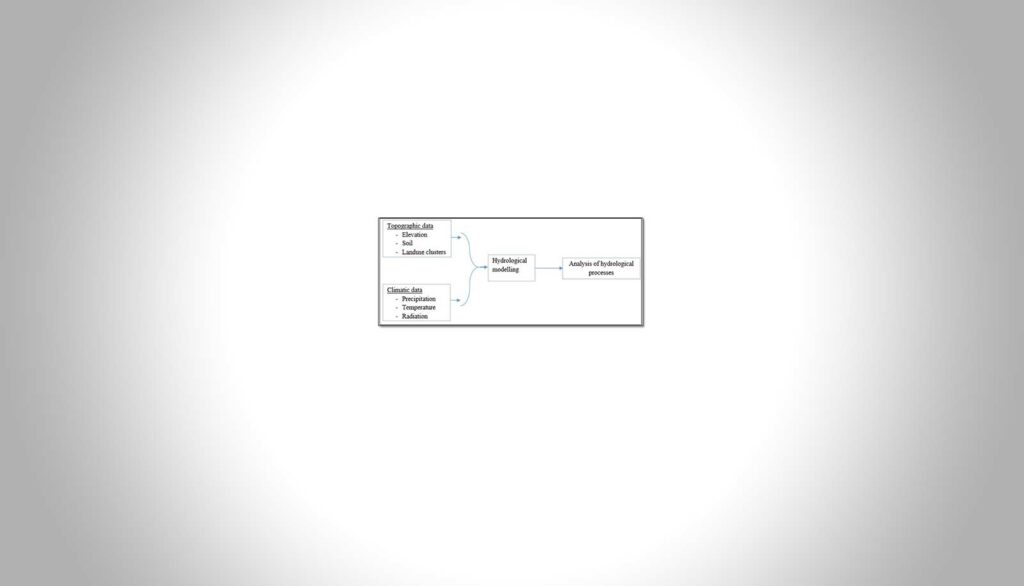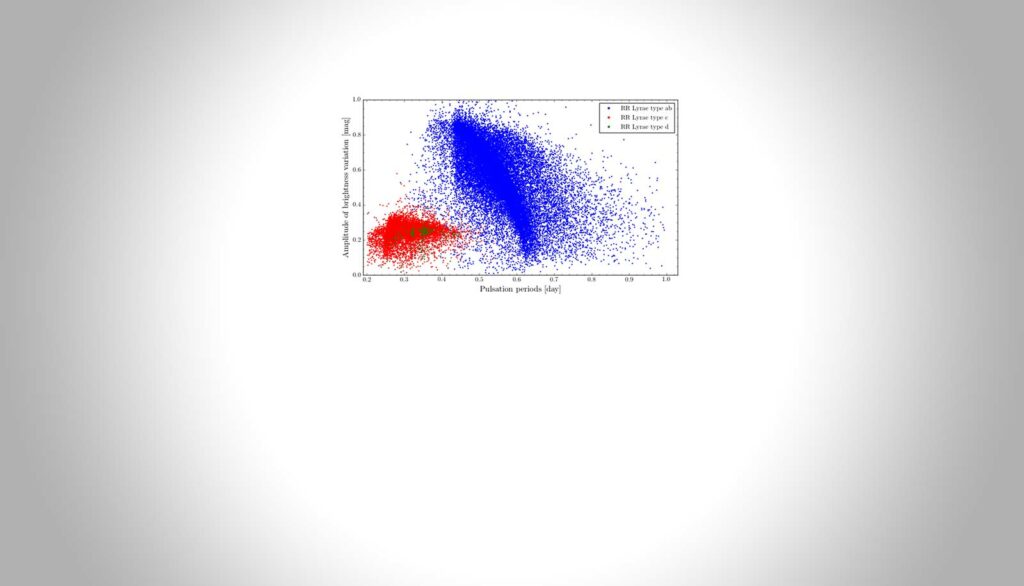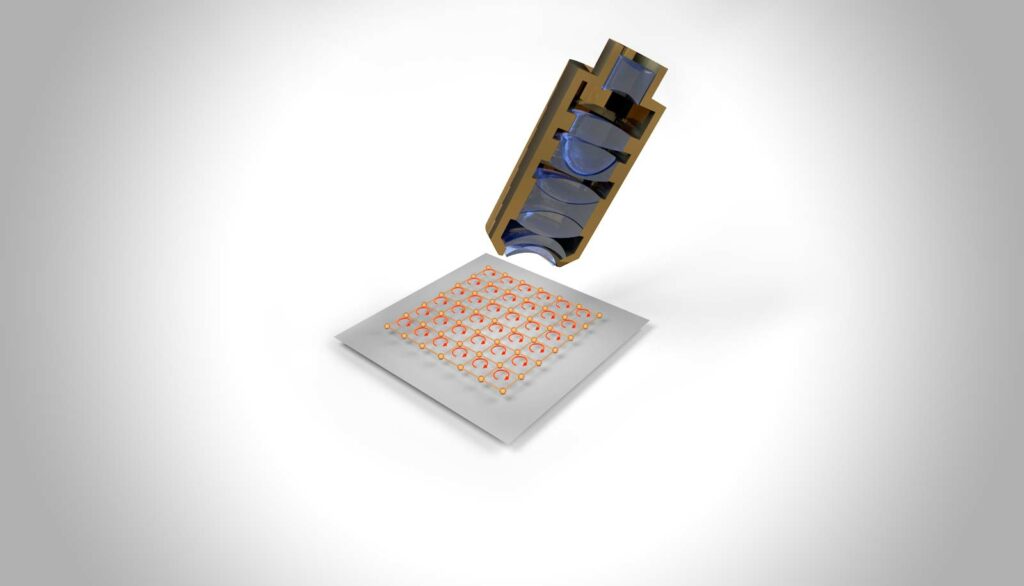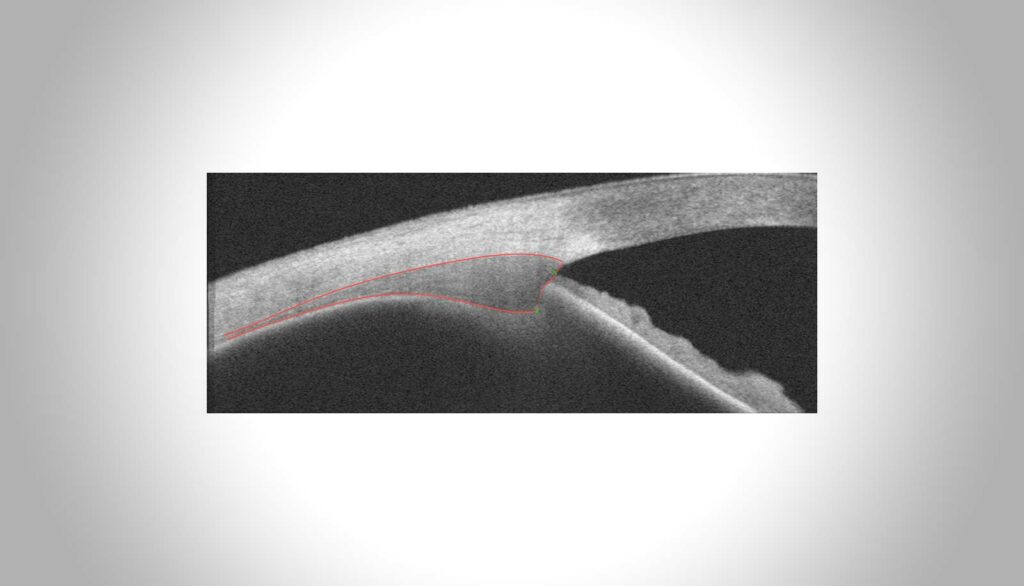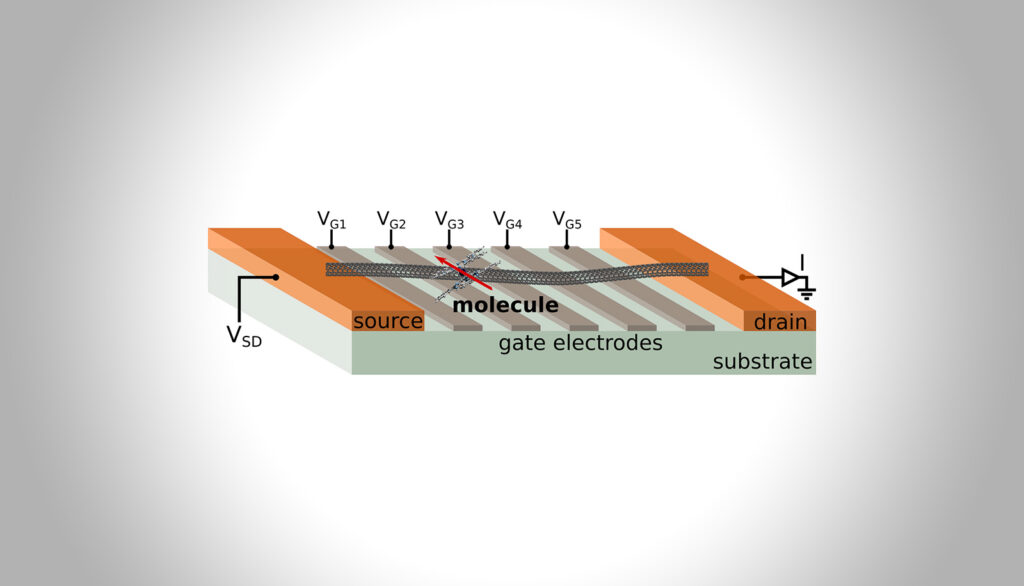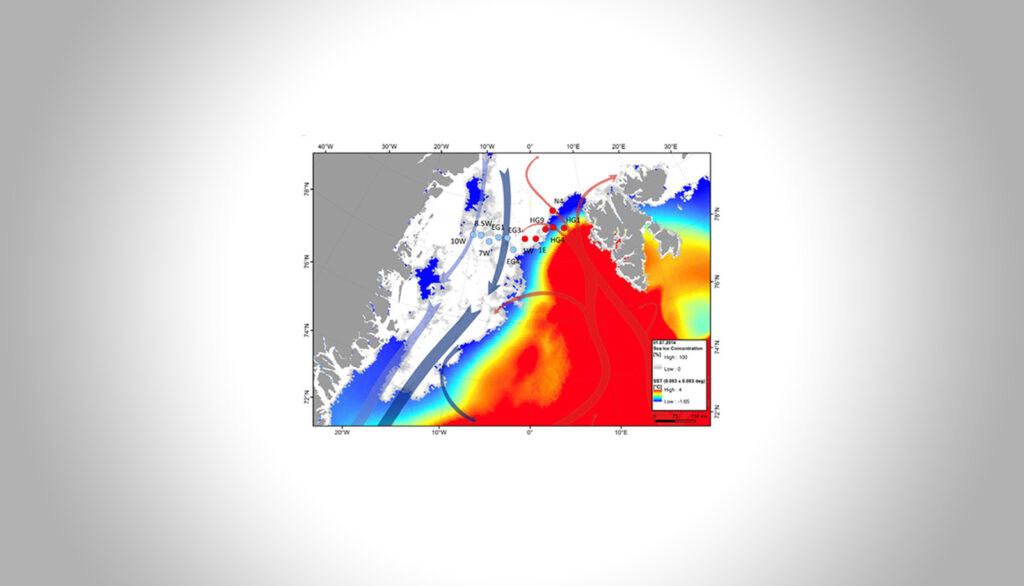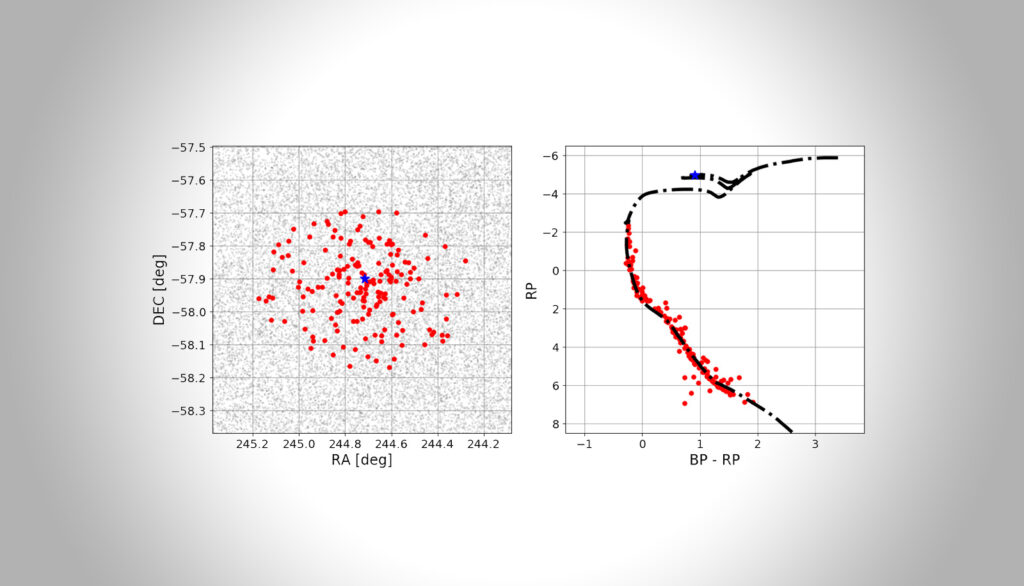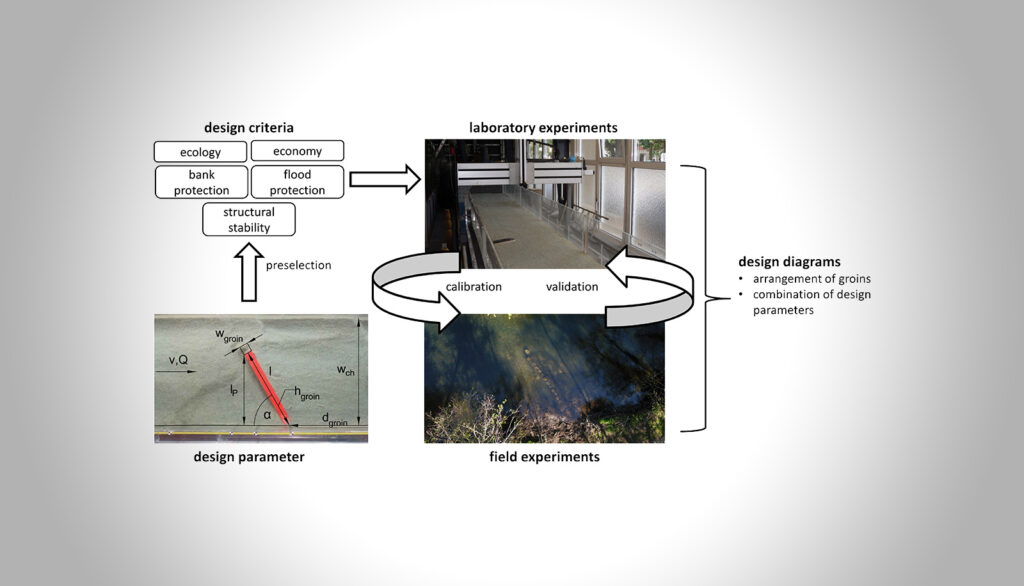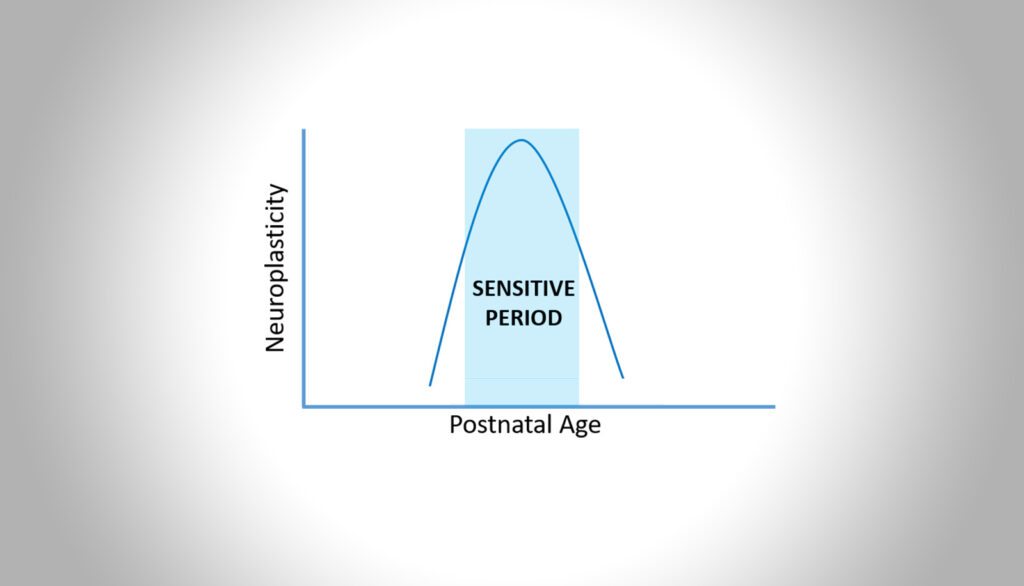Influence of River Basin Morphology and Climate Change on Water Partitioning in Semi-Arid River Basins
Phoebe Pauline Onjira - Hector Fellow Franz Nestmann
Increased anthropogenic activities and climate change are causing a global shift in patterns of water fluxes. Semi-arid river basins are characterized by more water stresses, extreme and sporadic climatic events, and have been projected to worsen in many regions under the influence of climate change.

